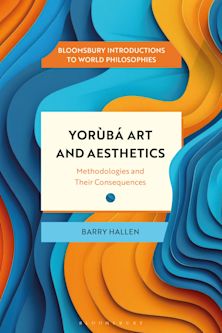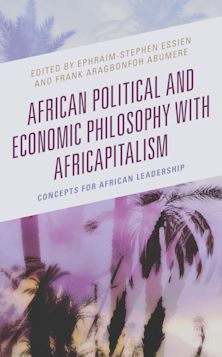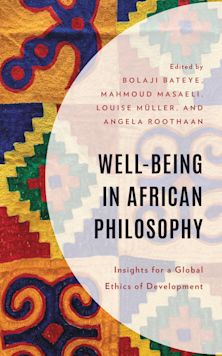Description
A Post-Colonial Reconstruction of Africa surveys the significant reconstruction work undertaken in the social and political organization of sub-Saharan African society in the decades following the colonial interruption and subjects these efforts to rigorous criticism in order to establish whether they can carry the weight of modernization efforts in Africa. To examine the significant trends, it highlights the work of African intellectuals such as Kwasi Wiredu, Kwame Gyekye, Paulin Hountondji, Kwame Nkrumah, Anthony Appiah, Ato Sekyi-Otu, and Bernard Matolino. Pieter H. Coetzee argues that reconstruction inspired by traditional communitarian systems of social organization, including the modified form presented by Matolino, do not adequately do justice to the liberty aspirations of individuals in an era when the demand for increased democratization has become globally paramount. Reconstruction efforts inspired by appeal to native traditions of liberalism, including native conceptions of individual rights, fare better in this regard. However, current reconstruction efforts have done little to rescue Africans from the negative economic effects of colonialism and neo-colonialism and fail to alleviate self-perception problems created by Western racism. Appiah’s cosmopolitan option and Sekyi-Otu’s left universalism are notable exceptions.
Table of Contents
Chapter 2: Kwasi Wiredu—Traditional Communitarianism
Chapter 3: Kwame Gyekye—Moderate Communitarianism
Chapter 4: The Liberty Limits of Communitarianism—A Critique of Gyekye’s Alternative to Wiredu
Chapter 5: Paulin Hountondji—Marx, Individualism and Pluralism, and the Critical Celebration of Nkrumah’s socialism
Chapter 6: How McClendon’s African American Idea of Race might have primed Hountondji’s attack on Colonial Exploitation—An Appreciation of the limits of Hountondji’s Lament with Special Reference to South Africa
Chapter 7: Kwame Anthony Appiah—Liberal Cosmopolitanism
Chapter 8: Ato Sekyi-Otu’s Left Universalism and Mogobe Ramose: Rethinking the Post-Apartheid state—Outline of an Alternative to Appiah’s Cosmopolitan Solution
Chapter 9: The Return of the Communitarians
Product details
| Published | Feb 21 2024 |
|---|---|
| Format | Ebook (PDF) |
| Edition | 1st |
| Extent | 242 |
| ISBN | 9798216337256 |
| Imprint | Lexington Books |
| Series | African Philosophy: Critical Perspectives and Global Dialogue |
| Publisher | Bloomsbury Publishing |
Reviews

ONLINE RESOURCES
Bloomsbury Collections
This book is available on Bloomsbury Collections where your library has access.


































